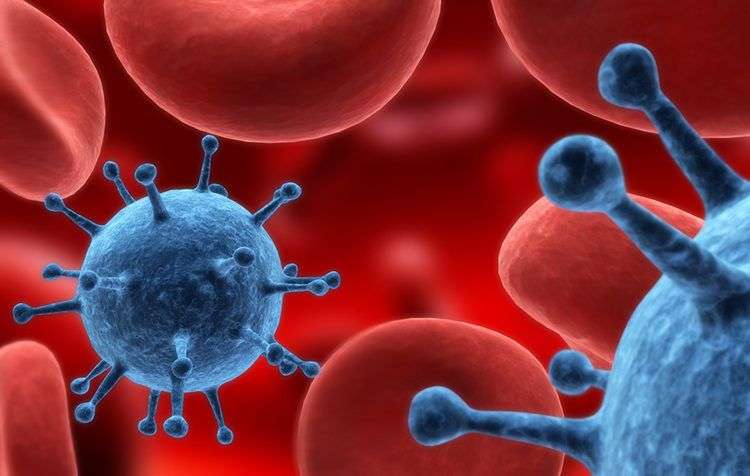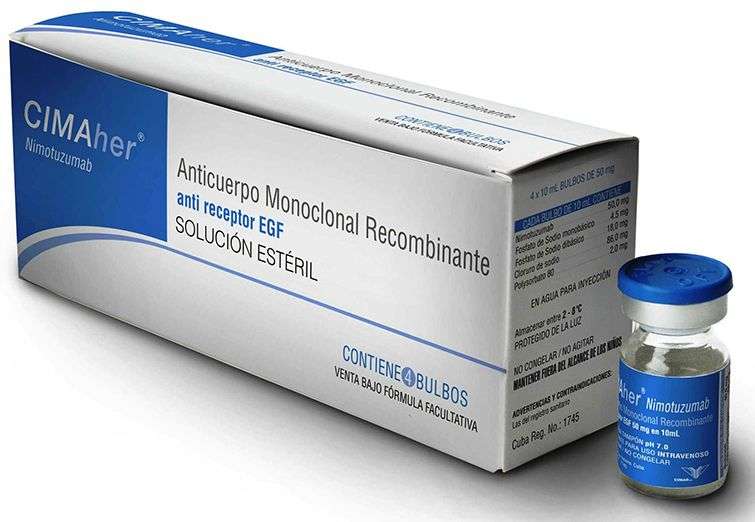By: Gabriela M. Fernández
Before 2004, the most frequent cause of death among Cubans was related to cardiovascular problems. According to the National Bureau of Statistics and Information, between 2008 and 2013 deaths from malignant tumors rose by 7.5{bb302c39ef77509544c7d3ea992cb94710211e0fa5985a4a3940706d9b0380de} rate per 100,000 inhabitants, making it the leading cause of death in Cuba.
Paradoxically, recent studies also point to the Caribbean nation among the countries with increased years of survival to cancers such as cervical, breast and colorectal ones. The research, published in the British medical journal The Lancet, used data from 25 million patients in 67 countries. Their results place Cuba among the group of nations with greater survival prospects for different types of the disease which today is the leading cause of death in the country.
Historically, lung cancer has had a prominent place in the lists of mortality from this disease in Cuba, followed by prostate cancer in men and breast cancer in women. Other common types in Cuba are the colon, larynx or cervix, according to a study done in 2004 and ratified by the figures in The Lancet.
In the current context of high mortality from cancer, Cuban state media published five new technologies for the treatment and diagnosis of this disease in the NHS. Mayka Guerrero, Director of Technology Introduction in the Surgical Research Center (Cimeq) explained these developments to the national press.
One is the use of a particle accelerator for producing radioisotopes in computer tomography cameras. This technique enables information on structural anatomic pathology even when modification is not obvious. All three devices of this type Cuba will have will be available in hospitals in the capital: Cancer Hospital, Hospital Hermanos Ameijeiras and the Cimeq.
Meanwhile, also in the exclusive Cimeq, a health center in Havana, famous for the quality of its facilities and for having treated personalities of art, science and international policy, but difficult to access for common citizens, is available currently the only HIFU (High Intensity Focused Ultrasound). Such high intensity ultrasound can treat tumor lesions that could not surgically treated noninvasively. According to Guerrero, this is the first of its kind installed in Latin America and is very useful in uterine fibroids, liver injury, kidney, pancreas, bone, soft tissue, breast and pancreas.
In terms of treatment, also they begin to operate on patients with breast cancer using intraoperative radiotherapy technology, which “reduces the processing time of external radiotherapy and can control radiation induced effects.” On the part of diagnosis, other developments will implement two linear electron accelerators that allow imaging in real time.
According to government data, the drugs produced and distributed in Cuba to treat cancer patients have grown from 28 compounds in 1999 to 67 in 2014. Drugs like Nimotuzumab, one of the latest innovations in the country, is a humanized monoclonal antibody, ie, produced in the laboratory by combining a human antibody with a small portion of a monoclonal antibody of a mouse or rat.
Therapies based on biotech products – monoclonal antibodies and vaccines can transform advanced cancer into a permanent condition, as stated by Teresa Romero, head of the Comprehensive Cancer Control Section in Cuba. The Nimotuzumab, created by the Center for Molecular Immunology, is already registered in 28 countries, mainly in South America, Africa and Asia. The marketing of this product lies with the state BioCubaFarma business group.
The Nimotuzumab is indicated for tumors of the head and neck, advanced stages, in brain and esophagus. They can also apply them in colorectal oncogenic diseases, hepatocellular, lung cancer, brain metastasis of such malignant tumor and other locations. In the VIII Scientific Meeting Global Nimotuzumab 2014, presentations on the use of this novel drug in different types of tumors, and their combination with other resources such as chemotherapy treatment were presented.
While Cuban research institutions such as the Center of Molecular Immunology research and develop bioproducts as Nimotuzumab and specialty vaccines for different types of cancer, there is still controversy about the true functionality of alternative variants also produced in Cuba and known internationally as the venom of blue scorpion, endemic to the Caribbean island, the homeopathic preparation is in high demand worldwide and in the aftermarket, despite not having evidence of their effectiveness.











